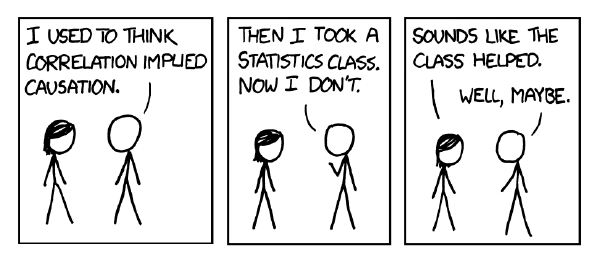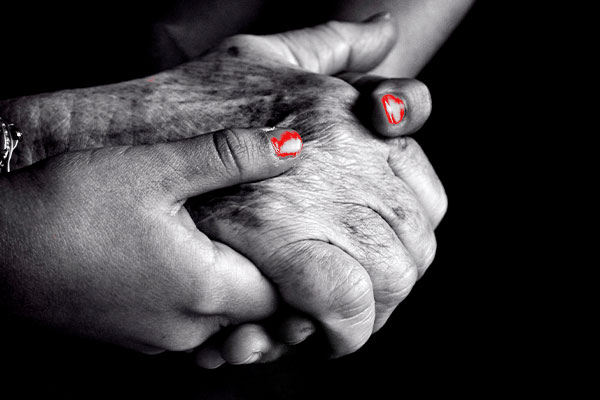Struggle Leads to High Performance, Better Outcomes and Ongoing Relevance
It’s a strange paradox, isn’t it, that struggle makes us stronger?
In all breakthrough human striving – explorations, scientific discoveries, feats of endurance or craft or willpower – struggle and suffering are bedfellows of greatness. But how important is struggle for the vast majority of us, in relation to our work and daily lives?
Well, if we don’t keep struggling for improvement even in small dimensions, for ways to reinvent what we do, for maintaining our relevance in our chosen field (or a new one), we may become personally and professionally stagnant.
Betterment, innovating, staying relevant – these are mentally taxing, and require hard work. Practise definitely matters. But it must be the right kind of practise: deliberate practice. Growth requires difficulty, and often repeated failure, without which learning doesn’t occur.
“This is a fundamental truth about any sort of practise: If you never push yourself beyond your comfort zone, you will never improve,”
writes cognitive psychologist Anders Ericsson in his book Peak: Secrets from the New Science of Expertise.
How do vision and belief drive the struggle?
Perhaps the underlying reason we need to embrace struggle is precisely because it’s impossible to pin down the degree of endeavour needed to achieve a goal. Genes do matter: some people simply have the intellectual capacity, or skilful predisposition, or physical attributes, to perform certain tasks better than other people.
It’s also probably true that luck, or randomness, depending on how we consider it, plays a role in a successful struggle. We can take comfort in how even expert statisticians are baffled by the relationship between causation, correlation, association and outcomes, as wonderfully captured in this cartoon by webcomic XKCD…

Still, by continuing the struggle, by keeping up the momentum, and by maintaining what Intel co-founder Andy Grove called a ‘productive paranoia’, we can weigh the odds in our favour.
In times of intense difficulty and pressure, it may be helpful to remember what Tesla and SpaceX founder and CEO Elon Musk once said: “Nobody ever changed the world on 40 hours a week.” He took social media flak for this – but apart from the incredible hours he specified (he worked 80-90 hours a week during the start-up phases of his companies!), his point surely holds true.
In different words, what Musk meant was that accomplishing ground-breaking or high-performance work should not be seen through the lens of the required grind and graft, or the many hours of practice, but to see the struggle as a journey towards a vision. This helps to reframe the question, from ‘What am I struggling to do?, to ‘What do I believe in?’
Pain Points
Russian performance-protest artist Pyotr Pavlensky has been jailed numerous times.
His form of art often involves self-mutilation. In Fixation, in an attempt to shake Russian citizens from what he called their passivity, he nailed his scrotum to the paving stones outside the Kremlin in Moscow’s Red Square.
In Carcass he cocooned himself, naked, in barbed wire outside the Russian parliament in St. Petersburg to protest restrictive laws.

“Everything in my art is done to make people think. It’s not enough just to have your own individual freedom; you need to help others free themselves.”
Pyotr Pavlensky
How far would you go to struggle for something you believe in?
The value of struggle for growth

Ultimately, perhaps we should adjust how we view struggle. (Stress, too: a significant body of research informs us that stress can serve a helpful purpose to resolve problems, learn from the process, and develop.) The stories that intrigue and move us often involve trials and tribulations, sometimes a tortuous path. But – let’s be honest – most of us do not go through these exaggerated troughs.
That doesn’t mean we aren’t battling, in our own way, against those circumstantial demons Fate places in our paths. As such, maybe the idea of struggle is better understood as determination, perseverance, rejuvenation, or reinvention.
And so what strikes me most is that our struggles are often neither unique, nor fought in isolation. We are all connected. We can help one another. And even when we compete we can improve, mutually.
When you last struggled, what was it about – and did you grow?

